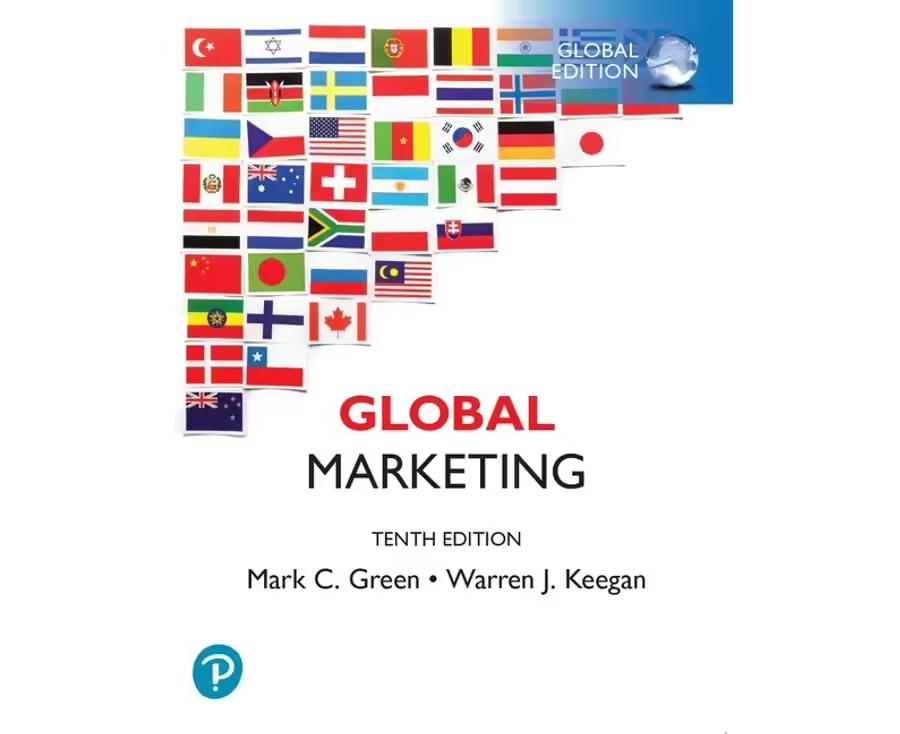Glynis Gallagher works as a contracts analyst at Cargill Risk Management, which is a business unit within
Question:
Glynis Gallagher works as a contracts analyst at Cargill Risk Management, which is a business unit within Cargill. Based in Wayzata, Minnesota, Cargill celebrated its 150th anniversary in 2015. Cargill is a truly global company: With operations in more than 60 countries, it markets food, agricultural, financial, and industrial products and services to customers worldwide. The company is one of the world’s top grain traders. In addition, it has global beef operations, and it does business in starches and sweeteners as well. Cargill also processes steel and de-icing salt. Its revenues totaled $109,699 billion in 2017, making Cargill the largest privately owned company in the United States.
Cargill is committed to feeding the world in a responsible way, while also reducing its environmental impact and improving the communities where its employees live and work. Writing in the introduction to his 1979 book Merchants of Grain, author Dan Morgan noted:
Grain is the only resource in the world that is even more central to modern civilization than oil. It goes without saying that grain is essential to human lives and health. . . . As America became the center of the planetary food system, trade routes were transformed, new economic relationships took shape, and grain became one of the foundations of the postwar American Empire.
Today, as the saying goes, “You can’t walk down the grocery aisle without seeing something Cargill has been involved with in one way or another.” A recent article in Forbes described the scope of the company’s operations:
Cargill, the $135 billion (fiscal year 2014 sales) family-owned food behemoth dominates all roads between the world’s farms and your dinner plate. . . . Since the company was founded in 1865, the core of its business has always been trading commodities—buying, storing, shipping and selling the crops farmers grow around the world.
Commodities processing is a high-volume, low-margin business; Cargill crushes large quantities of soybeans each day. Because the company is privately held, Cargill can pursue long-term investment opportunities in many global markets. For example, it has had a major presence in India and other emerging markets for decades. The company has made large investments in cocoa, sugar, and food innovation.
The career path of Greg Page, former Cargill CEO and current executive chairman, shows the range of job opportunities Cargill offers its employees. After graduating from college, Page took a trainee position in the Feed Division. In subsequent years, he held a number of positions in the United States and Singapore. He was also involved with the startup of a poultry processing facility in Thailand. Today, Cargill exports roughly 100 million metric tons of chicken from Thailand every year.
Questions
1. What knowledge and skills are required to be successful as a contracts analyst?
2. What do you think is the best part of Gallagher’s job? The most challenging part?
3. What does Gallagher’s career profile tell you about the importance of professionalism and a good work ethic at a company such as Cargill?
4. Cargill engages in a wide range of sustainability initiatives, including ensuring access to food; preventing food waste; supporting urban agriculture; and participating in the Non- GMO Project. Dig deeper: Choose one of these topics, conduct some exploratory research, and write a short essay or present a brief oral report on your findings. Remember to cite your sources!
Step by Step Answer:






